High Triglycerides
Triglycerides are the important for the health of the body, but the elevated levels in the blood are responsible for high blood pressure (hypertension), diabetes and belly fat.
Usually, people that eat much and don’t exercise or spend those calories in some other way are likely to have heightened triglycerides levels. As normal, doctors consider triglyceride levels from 40 to 250 mg/l, and more than 500mg/l are considered to be high triglycerides level.
Eating Habits
Specialists recommend the change in your diet, if you have been diagnosed with this condition. It is advisable to eat low fat food and reduce the fat intake to about 20 to 30% of your daily intake of calories.
Some doctors recommend the rice and fruit diet, without any fat. They say that this is the way to lose some weight and lower the triglycerides.
It is advisable to use complex carbohydrates instead of fat, whenever you can. Pasta and lasagnas, but without added fat sauce, could positively affect the high triglycerides in your blood.
Fish and fish oil, rich in omega 3 fatty acids, are proven to be the food which lowers high triglycerides, too. Just 10 to 15 grams offish oil or 8 ounces of fish (rich on omega 3, such as herring, salmon or mackerel) is enough to make you healthier and prevent the risks of high triglycerides.
Try some garlic. One clove per day or more can reduce the production and the release of triglycerides to the blood.
Avoid the candies. Sugar and sweets are just boosting the triglycerides and you don’t need that.
Alcohol in any doses and smoking should be avoided.
Exercising
Weight loss and regular exercising are proven to be some of the most efficient ways to lower high triglycerides in your blood. Even just exercising, without losing extra pounds, three times a week may normalize your triglycerides.
Supplements
You might want to try some supplements to lower high triglycerides. Some of the most commonly recommended are:
Carnitine . The similar substance (L-carnitine) is normally found in the body. It is known to lower high triglycerides in adult patients. Panthetine is a vitamin B supplement. Dosed three times a day, it is believed to affect the high triglycerides. Niacin is also known to affect the fat in the blood. It raises the levels of “good” cholesterol (HDL) and lowers the triglycerides and is recommended by some cardiologists. Wild yam (also known as Dioscorea Villosa) decreases the absorption of cholesterol and triglycerides levels.
- The five cases that were taken had reported with high triglyceride levels of above 200. They fell under the high-risk category for cardiovascular diseases.
- The condition was diagnosed through an assessment of triglyceride levels in the lipid profile done from fasting blood sample drawn by CHOD/POD liquid enzymatic method. The lipid profile was repeated at entry and after every 4 months for assessment.
- They were all prescribed with Fucus vesiculosus (FV) in mother tincture 15 drops (0.75 ml) in 30 ml of water thrice daily before meals for 4 months which falls under a safe dose as opined in British Herbal Compendium 1992, as well as the Homoeopathic Materia Medica. The lipid profile was repeated after 4 months and the triglyceride levels of the five cases showed a significant reduction to within normal limits. Along with this finding, it was also observed that the borderline cholesterol levels and high LDL levels in 2 cases were found to be normal.
- The prescription of FV mother tincture was given to the cases that had come to the OPD with immediate diagnosis and also those who either didn't start any other medication or had no reduction in the lipid profile even after taking conventional medicines for a period.


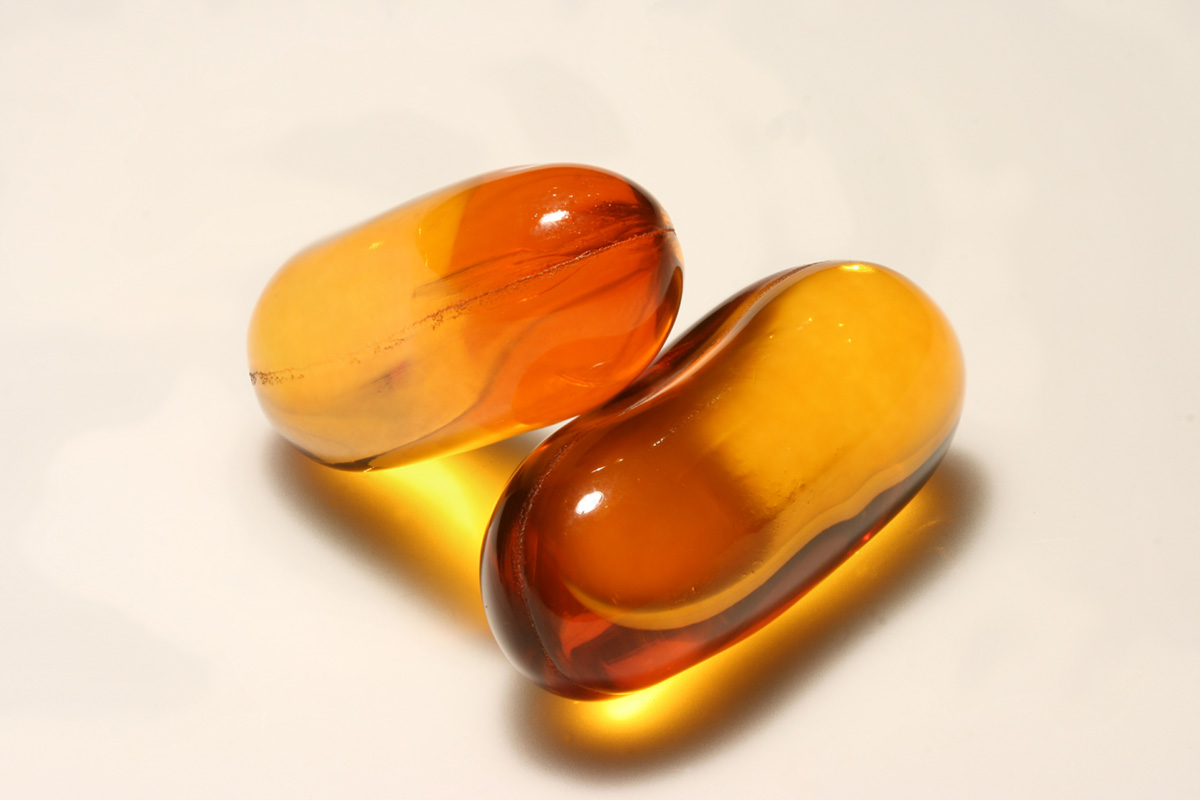
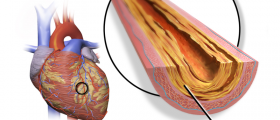
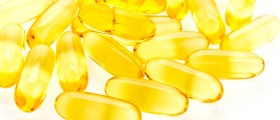
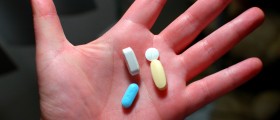
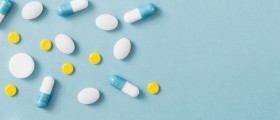
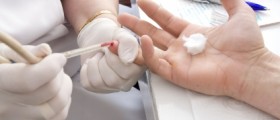

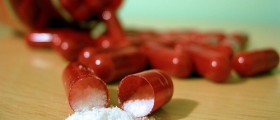

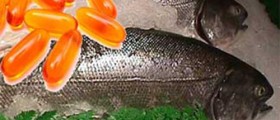
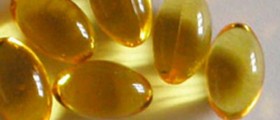
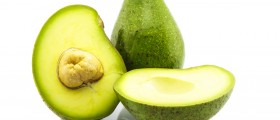

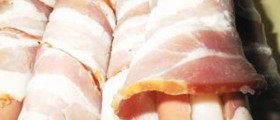
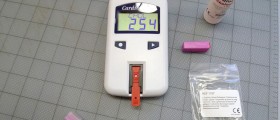
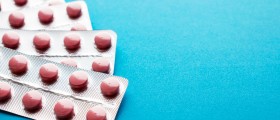
Your thoughts on this
Loading...